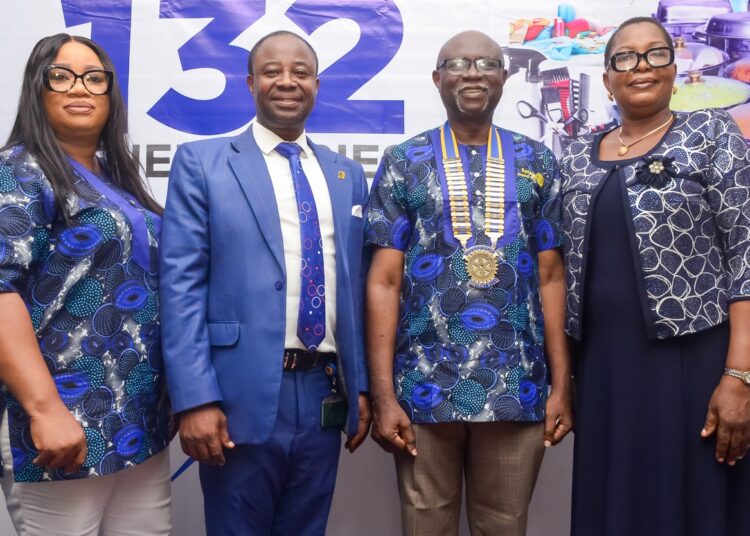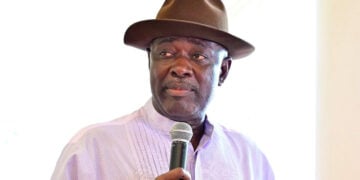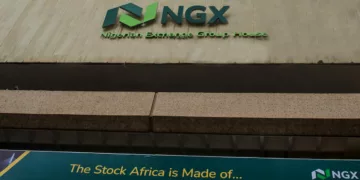Rotary International District 9111, in partnership with First Bank of Nigeria, restated their commitment to community skill development, having successfully empowered 132 beneficiaries with start-up kits across various trades.
Speaking at the empowerment presentation ceremony held in Lagos, the district governor of Rotary, Dr. Oluwole Kukoyi praised the initiative and encouraged the beneficiaries to make the most of the opportunity.
According to him, this empowerment project is a testament to Rotary’s commitment to sustainable community development, and I urge all beneficiaries to utilize these resources effectively to improve their livelihoods and contribute positively to our society.
District governor-nominee and project coordinator Bukola Bakare emphasised the inclusive nature of the initiative, stating, “this intervention has impacted beneficiaries from the three major ethnic groups in Nigeria, drawn from Lagos and Ogun states.
We are dedicated to ensuring that more individuals gain vocational skills and access to the tools they need for self-reliance.”
Head of SME Banking and Money Transfer, First Bank, Biodun Famuyiwa reiterated the bank’s commitment to empowering small businesses and entrepreneurs.
Famuyiwa noted that “at First Bank, we believe in financial inclusion and sustainable development. Supporting initiatives like this aligns with our mission to empower individuals and strengthen communities through strategic partnerships.”
He noted that SMEs are the backbone of any economy, and in Nigeria, about 83 per cent of the workforce is employed by small businesses.
In her contribution, the head of the Vocational Training Center, Lagos State Agency for Mass Education, Olaide Oladunjoye, commended Rotary for its role in skill acquisition and empowerment.
“This collaboration underscores the importance of vocational training in eradicating poverty. Equipping individuals with tools for entrepreneurship is a step toward economic stability and growth,” she said.
She added, “we recognise that small media enterprises are a way that an economy can develop, and when more small businesses are all over the place, then in no time Nigeria will be out of its challenges.”
All 132 beneficiaries received their designated start-up kits, which included: grinding machines, plumbing kits, deep freezers, sewing machines, generators, gas burners with cylinders, and barbers’ and hairdressers’ kits.











